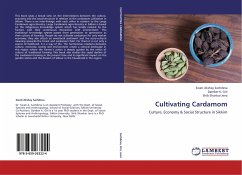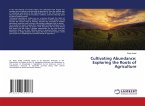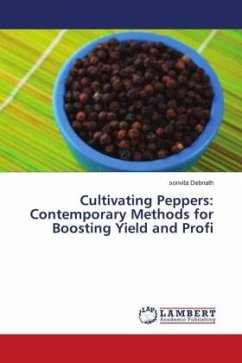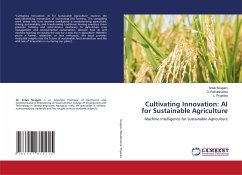This book gives a broad view on the interrelations between the culture, economy and the social structure in relation to the cardamom cultivation in Sikkim. There is an inter-linkage with each other in relation to the Large Cardamom agro-forestry. Large Cardamom agro-forestry in Sikkim is based on the indigenous knowledge system which has locally evolved by the farmers with their continuous interaction with environment. This traditional knowledge system passes from generation to generation as their culture of farming. People do not cultivate cardamom for only market economy; they also attach an emotional sentiment and the socio-cultural meaning towards the forest and cardamom field. For them it is not only a source of livelihood, it is a way of life. The harmonious relations between culture, economy, society and environment create a cultural landscape in this region where the farmer s action is deeply guided by the ethics of culture of traditional farming. This book also studies the rapid decline of the cardamom farming in the present time and its significant impact on the gender status and the division of labour in the household in the region.
Bitte wählen Sie Ihr Anliegen aus.
Rechnungen
Retourenschein anfordern
Bestellstatus
Storno








